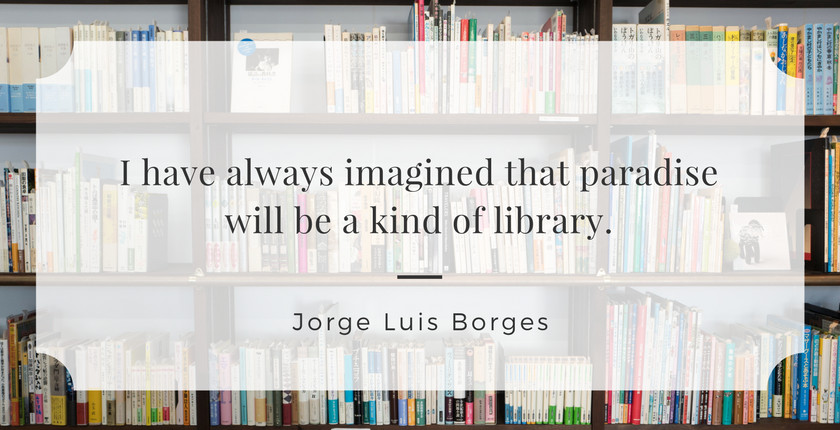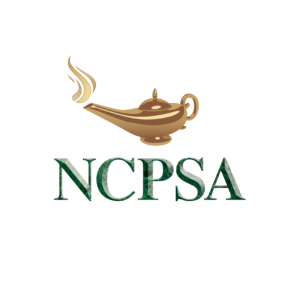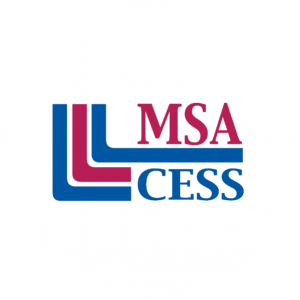[vc_row][vc_column][vc_column_text]By Shari Maser, Off-Campus Program Advisor
I’m 49 years old. I don’t remember everything I learned in school, but what I remember most isn’t information I studied in textbooks or was exposed to via what my daughter describes as “consume-information-and-regurgitate-it” activities. Instead, everything I remember was rooted in a story of some kind—a story that touched my heart; captured my imagination; inspired deep, reflective thought; stimulated my curiosity enough to motivate me to do further research; or spurred me to write stories or poems of my own. My deep knowledge of the Holocaust was inspired by how close to home Anne Frank’s story hit me as a Jewish teenager, and my scientific understanding of the space-time continuum was triggered by my utter fascination with the time travel concepts in A Wrinkle in Time.
Educational pioneer Charlotte Mason coined the phrase “living books” to describe the types of books that might have this kind of lasting impact: books that convey “worthy thoughts, well put; inspiring tales, well told” (Charlotte Mason, Parents and Children, p. 263). She explained, “The children must enjoy the book. The ideas it holds must each make that sudden, delightful impact upon their minds, must cause that intellectual stir, which mark the inception of an idea” (Charlotte Mason, School Education, p. 178). In an insightful comparison of living books and textbooks (PDF), educator Chip Denton discusses how these books bring learning alive in a way that textbooks can’t.
Kids today are lucky to have easy access to an extensive selection of living books about every subject under the sun—biographies, autobiographies, memoirs, historical fiction, creative non-fiction picture books, pop culture non-fiction, science fiction, and more—in libraries, bookstores, downloadable formats, and even audiobooks. They also have great stories available to them in other formats, including
- Feature films (e.g. Selma, which tells the story of the fight for African-American voting rights)
- Documentary films (e.g. Roots, the classic miniseries about slavery, or Inside Nature’s Giants, which shows scientists dissecting large creatures such as a camel and a sperm whale)
- TED Talks and Ted-Ed videos, which harness the knowledge and passion of experts to introduce viewers to new ideas
- Songs that tell historical tales (“The Wreck of the Edmund Fitzgerald” or “Sunday, Bloody Sunday”)
- Primary source documents such as maritime maps, sketchbooks, newspaper clippings, and photos, which speak for themselves
- First-person accounts such as the survivors’ memories shared at the National Holocaust Museum
Engaging resources like these will infuse life into the learning process, and have a long-lasting and memorable impact. When I’m 99, I am sure I will still remember everything I ever learned about the Holocaust and the space-time continuum…thanks to the power of storytelling!
Which books made a lasting impression on your learning? Please share your recommendations in the comments below?
[/vc_column_text][/vc_column][/vc_row]








One Response
Dear Shari,
The fact is stressing storytelling importance still is dividing life and literature what pleases me: although space-time flow, beyond any story, Physics seems to be life itself!, I still need USA Embassy permissions to get into Trump Obama country and I will be in Ann Arbor as Jews will always be in Israel. I still have to feed my children and we should all nurture every child on this stage we call world.
Actually literature has been leading me to take children on my lap, to hug aids delayed deaths, to pay for homeless beyond what I can afford, and suddenly words and stories turned out to mean so little out of making: out of cleaning, out of cooking, out of smoking when smoke is forbidden, out of hitting when violence is silenced to be avoided for the best and the worst. So after all what can literature do on our behalf, documentaries, good reading, if we do not become Literature itself? What is the pragmatic consequence of being it, what are words for, Shari? All this stuff for reading, listening is nothing but comfort beneath what we should be transforming now, because we missed it yesterday and what will future be paying us for our lovely documentaries? And, yes, Bangladesh still is out of the lyrical flow, Portugal still flies if flows allow us to be in. Our chests are holocaust or redemption just now: just make, read less, please.